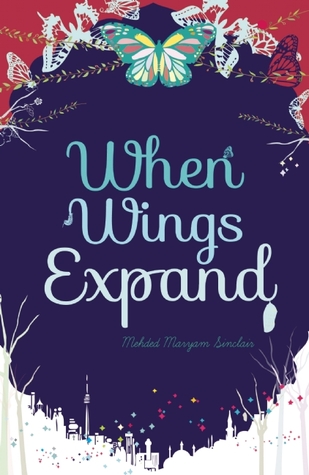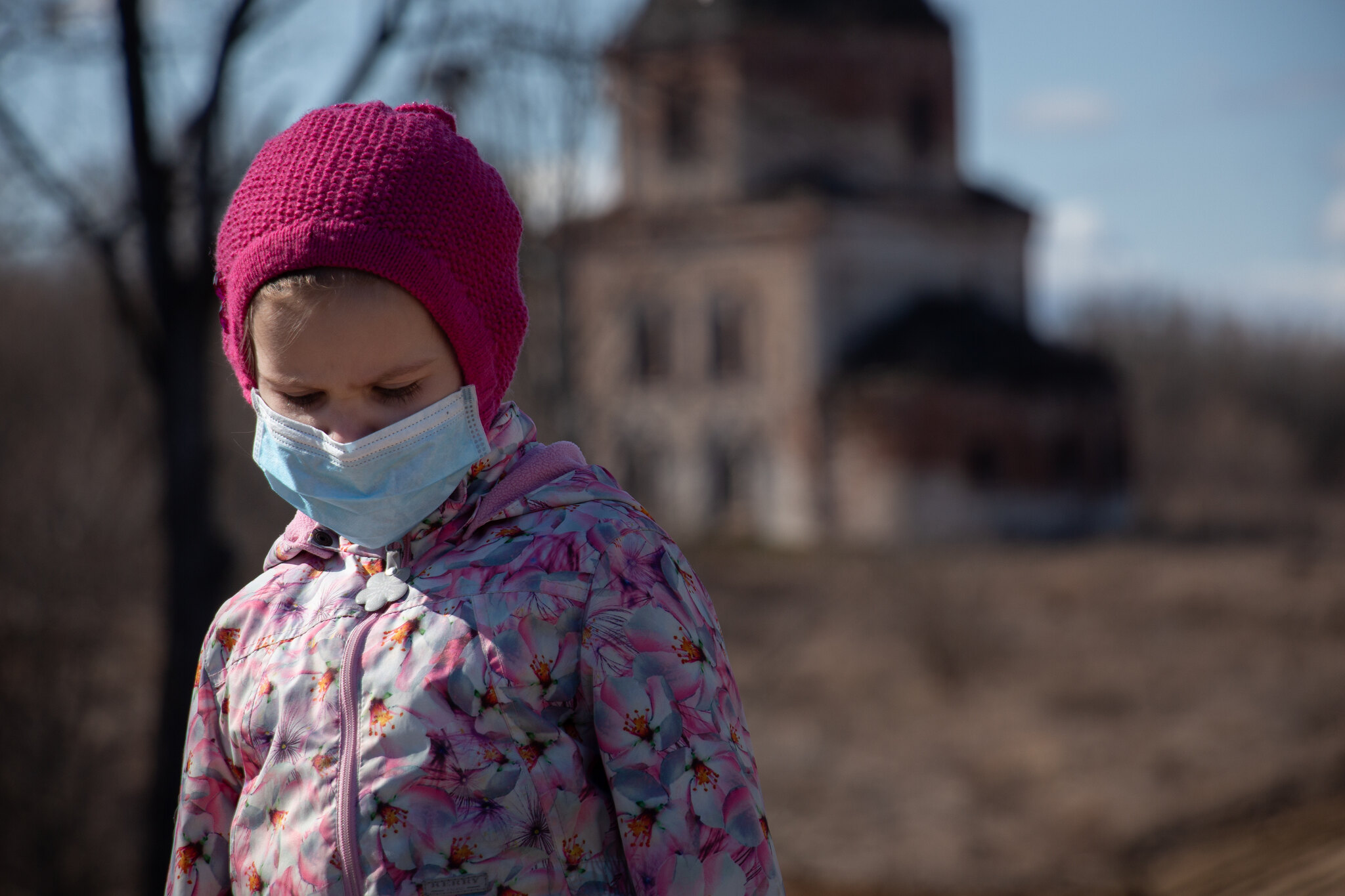Mehded Maryam Sinclair’s YA novel When Wings Expand is a beautiful account of a young girl’s process of coming to terms with her mother’s death. After her mother’s passing, Nur struggles to adjust to life without her mother and subsequently becomes a source of strength for Taqwa, a young girl battling cancer.
The author writes the novel in the form of a journal with Nur directly addressing her diary at the beginning of each chapter, which she calls “Buraq,” in the second-person. This intimate point-of-view makes the reader feel as though he or she are being directly spoken to. This fitting format also allows Nur to express her innermost anxieties and insecurities.
The chrysalis and its metamorphosis into a butterfly has a profound metaphorical role in this novel. From the time their mother is her final stages of cancer, Nur and her brother Mehmed begin collecting chrysalises and watching them hatch—a process that represent the sadness, freedom, and beauty inherent in death. The darkness of the chrysalis prior to its hatching is shown to be an ugly but necessary stage for the butterfly to grow its wings. When Nur begins volunteering in the children’s cancer ward of a local hospital, she continues to collect chrysalises and shares them with the children, who watch their development with awe.
This book does a marvelous job of teaching children a difficult but important fact: the inevitability of death and the return to God. In a letter Nur’s mother writes for Nur, she advises her daughter: “We must be willing to give our lives if Allah wants them, for they are His, not ours.” The story offers other remarkable examples of maintaining mindfulness in the midst of calamity. While struggling to cultivate a relationship with Taqwa, Nur has a moment of sudden clarity: “It felt as if someone was saying, OK, this is the way Allah wrote this moment, let’s see what the next one brings.” Although this may come across as an unusually precocious observation for an adolescent, it serves as a valuable example of inner dialogue in the context of faith.
One of the few shortcomings of this book is its rigidly defined gender roles. Although still in her pre-teens, Nur takes on traditional maternal responsibilities, such as managing household tasks (mostly around the kitchen) and looking after young children. Her father frequently praises Nur for being nurturing, just like her mother. Nur describes herself as “strong headed” like her mother, but neither the attitude nor actions of each of these female characters reflects this trait. In this day and age where films like “Brave” deliver empowering messages to young girls, I personally would have liked Nur’s healing process to include leadership activities both inside and outside the home.
Along with falling into a rather limiting prescribed gender role, Nur’s character also appears to be unusually pious and precocious for her age. Her level of spirituality and her habits may not reflect those of most Muslim adolescents living in Europe or North America, leaving young readers unable to fully relate to the novel’s protagonist. When she goes to summer camp, for example, she is unable to enjoy herself amongst non-Muslim peers, so much so that she asks her father to pick her up within just a couple of days. She has no non-Muslim friends, and her experience at camp is not countered by an instance of forming a bond with someone who does not judge her for her religious practices.
However, at times her devotion add to the strength of the novel, for she makes a strong role model for young readers who may grow spiritually by getting to know this “ideal Muslim” figure close to their age. Nur’s piety also makes sense on a literary level; by creating a character as devout as Nur, the author was able to focus on the grieving process itself without external negative distractions such as tensions between family members.
Although I do not normally read books targeting young adults or children, I enjoyed this one greatly and would recommend it for all age groups. Muslims are expected to contemplate their mortality often in order to gain perspective on both the joys and tribulations of this life. For this reason, When Wings Expand automatically makes for a suitable read for all readers who can appreciate the journey from sadness to anger to acceptance and ultimately peace. Nur’s parents’ tenderness towards her–especially the memories her mother bestows her with—are powerful indicators of what it means to be good Muslim parents.
Sarah Farrukh is an Web & Publishing Editor at Altmuslimah. She blogs about faith and books at A Muslimah Writes.





